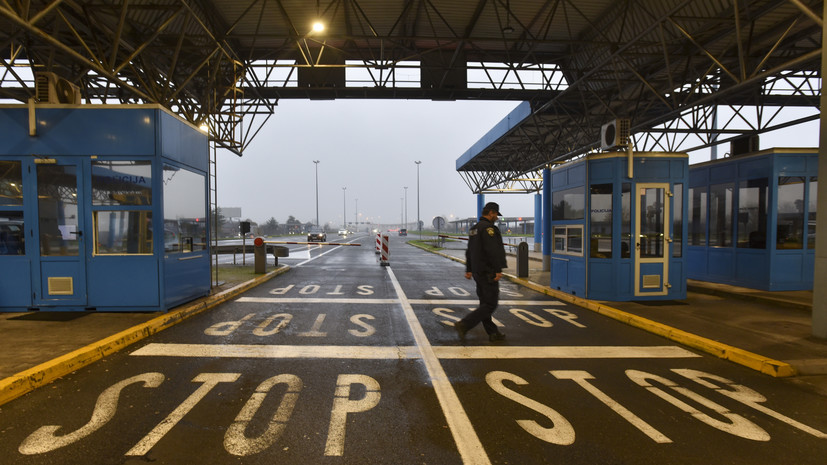In Bulgaria, from the evening of Monday, October 2, a ban on the entry of cars with Russian license plates will begin to operate. This was stated by the head of the border police Anton Zlatanov.
"I am sure that by the end of the day the ban on the entry of cars will begin to operate in the country, and I want to note that it has been in effect for trucks for several months," TASS quoted Zlatanov as saying on Bulgarian national television.
Prior to Bulgaria, similar measures were reported by the authorities of Poland, Latvia, Lithuania, Finland and Estonia. Later, the same decision was made in Norway.
Recall that the European Union on September 8 said in an explanatory note that citizens of the Russian Federation are prohibited from importing a number of personal belongings, including cars registered in Russia. The document, which sets out answers to frequently asked questions, explained whether Russian citizens can "temporarily import" personal belongings and vehicles into the European Union, "for example, for tourist purposes." In the initial version of the document, a direct negative answer was given to this question.
Also on the russian.rt.com, Norway will ban the entry of cars with Russian license plates
Later, an updated version of the note was published, which stated that the EU countries should be guided by common sense and not interfere with the import into European territory of ordinary personal belongings of Russians that do not have a very high value and are not luxury goods.
The Kremlin called the decision of the European Union extraordinary "from the point of view of common sense."
"I would like to hope that we will not be like such decisions and will not fall to such a level," said Russian presidential spokesman Dmitry Peskov in an interview with RBC TV channel.
Subsequently, the Russian Foreign Ministry said that a number of restrictive measures approved by the European Commission were directed directly against ordinary Russians.
"The ban on direct flights, the tightening of visa practice, now these "clarifications" on sanctions, which are beyond the bounds of absurdity, are aimed at harming ordinary Russians, at actually making it impossible for Russian citizens to enter the European Union," the Foreign Ministry said in a statement published on September 18.
As diplomats noted, the desire of the EU leadership "to erect a new iron curtain in Europe, limiting the possibilities of communication between people as much as possible" became obvious.
Along with this, the Foreign Ministry stressed that each specific state that takes such steps will have to be responsible for the policy of purposeful infringement of the rights of Russians and compatriots.
Commenting on the new decision of Bulgaria, the general director of the Center for Political Information, Alexei Mukhin, noted that the leadership of this country supported the trend started by a number of other European states.
"A couple more countries will definitely join this madness. If God wants to punish someone, he deprives him of reason, "Mukhin said in an interview with RT.
In turn, political scientist Yuri Svetov drew attention to the fact that Russia does not have a land border with Bulgaria.
"How will cars with Russian license plates enter Bulgaria? That is, they must proceed through neighboring countries or arrive there by sea. If you go through someone, then entry there is also prohibited, "the specialist emphasized.
According to the political scientist, Bulgaria acts in accordance with the instructions of the EU leadership.
"An order came from Brussels - do it, don't try to delve into the meaning, so it was necessary to seize shampoos, toilet paper, clothes, and so on, then they seemed to hand it back a little," the expert said in an interview with RT.
He recalled the statements of the Finnish Foreign Minister, according to which Russian citizens should feel the consequences of sanctions.
"And here is a similar situation, it has almost no practical meaning," Svetov concluded.

